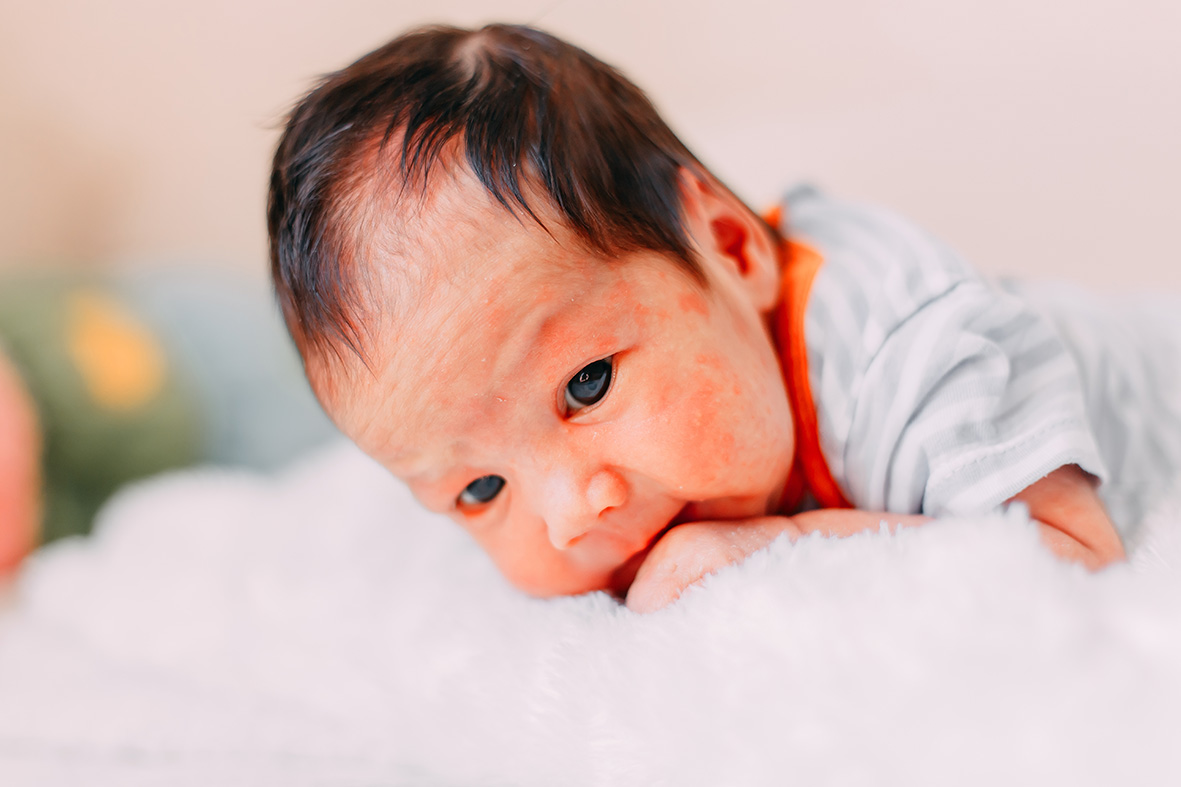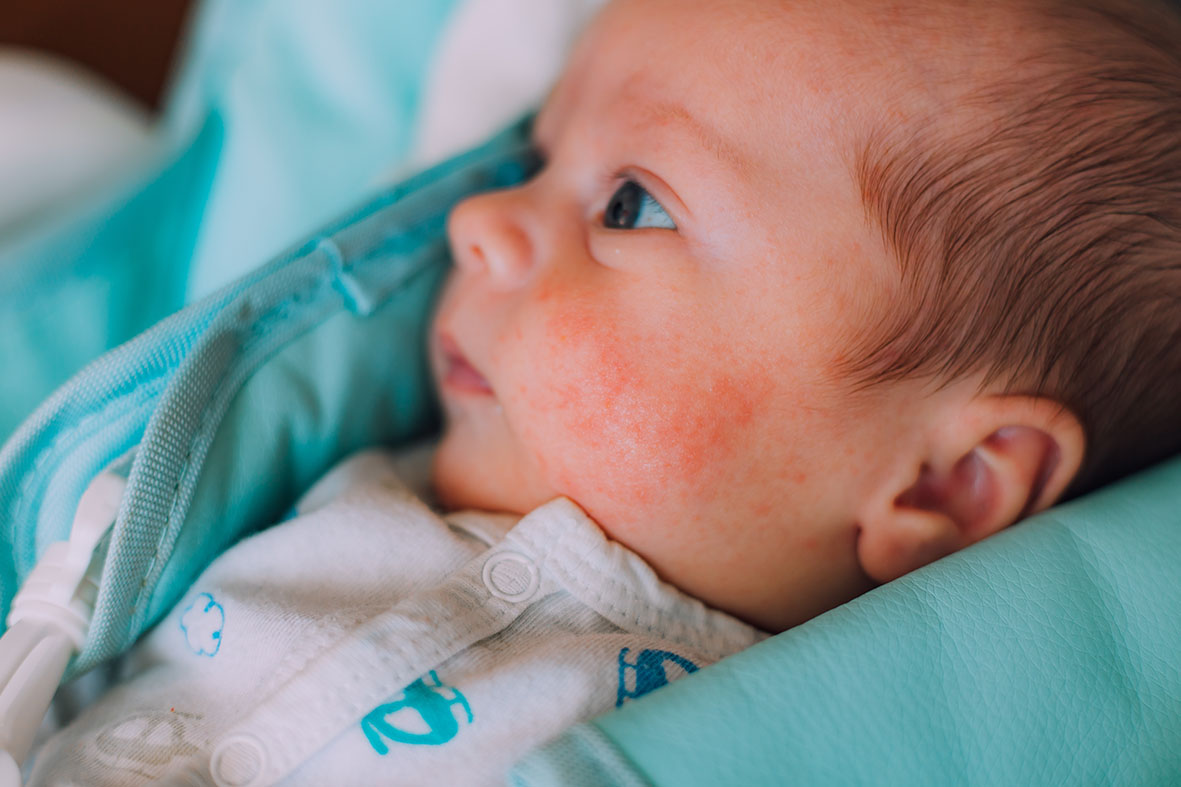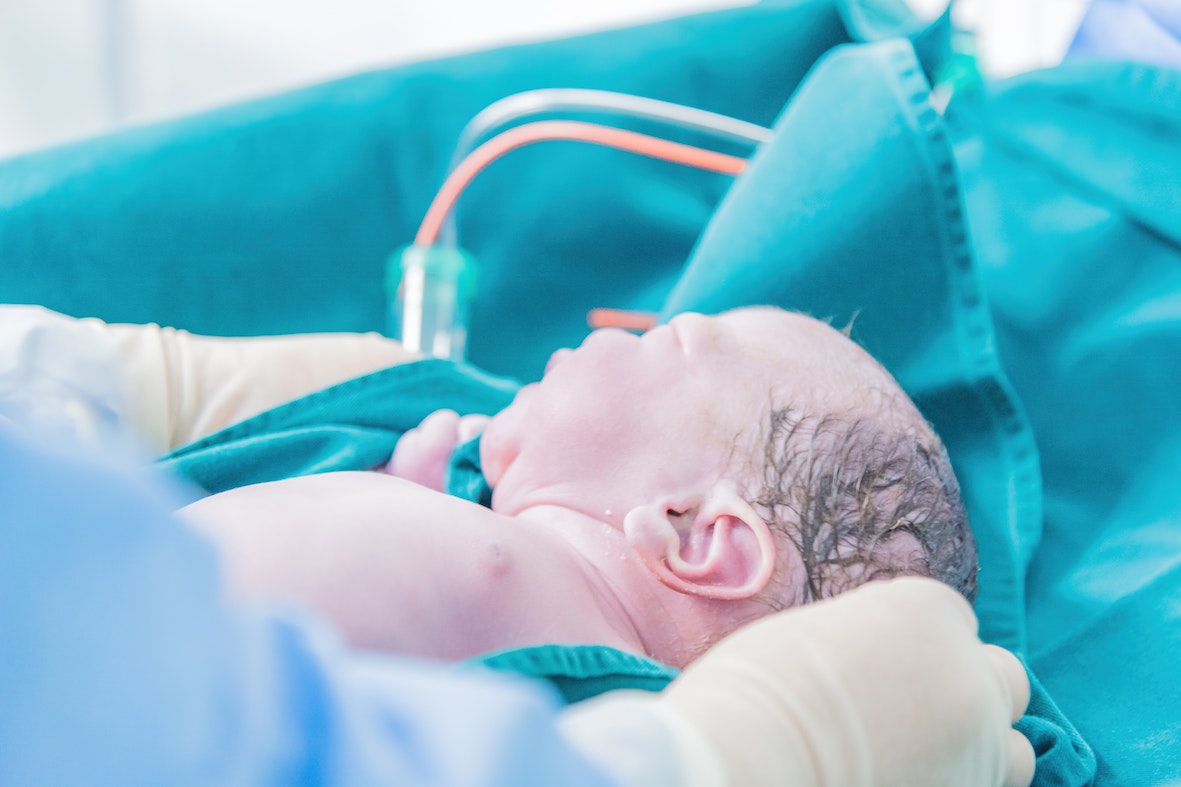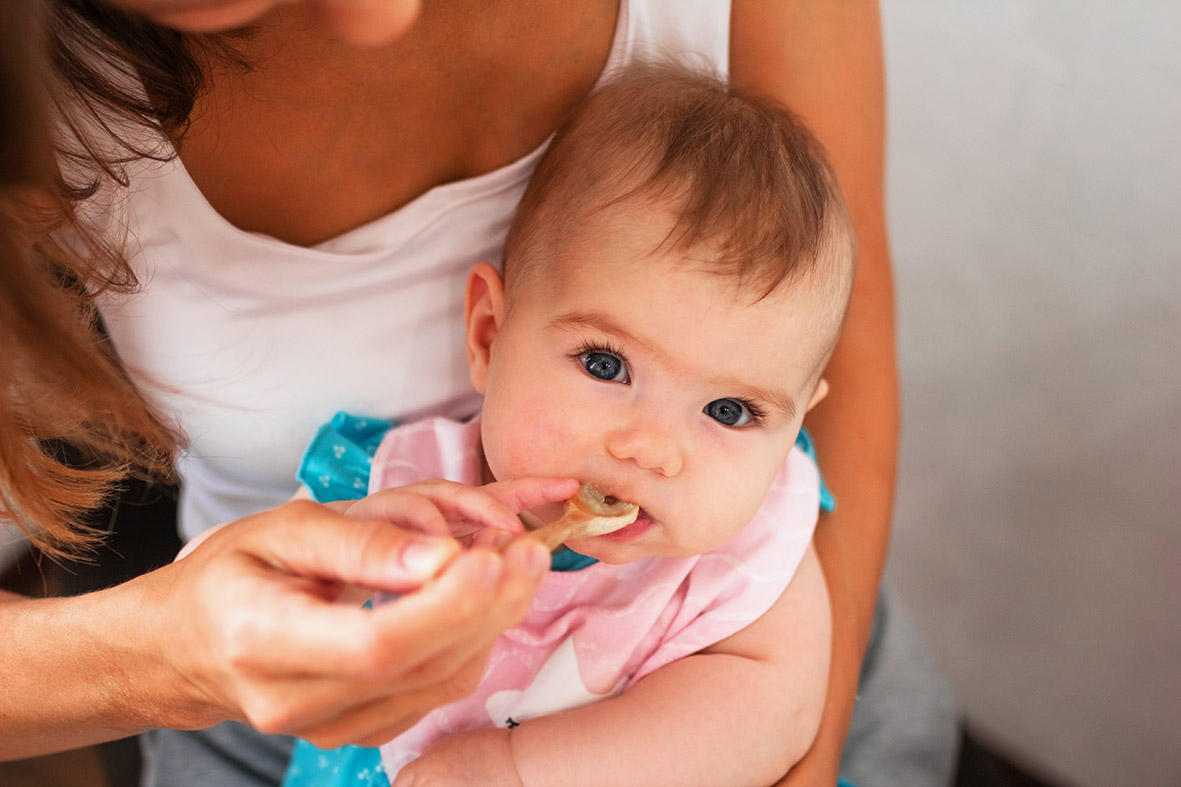Clinical evidence shows that babies born to allergic parents have significantly higher allergy rates than other babies. How do you know if your baby is likely to be born with allergies? Family Allergy Score (FAS) and Total Immunoglobulin E (U C-IgE) of newborn cord blood are two measures developed by modern medicine. Both of them can successfully predict up to 80% of babies' allergy rates, allowing parents to implement early allergy prevention for babies at high risk.

2. Body growth
Allergens can easily enter the bloodstream through the intestine and cause allergic reactions in babies at a young age due to the immune system's incomplete development and the immaturity of the intestinal barrier. This situation will gradually improve as the baby grows older and his or her immune system develops.

3. Mode of delivery
The mother's delivery method also has some allergenic effects on the child. Babies born via normal delivery have a much lower allergy rate than babies born via cesarean section. This is because babies born via cesarean section receive some "Beneficial" flora via the mother's birth canal. It has been clinically shown that the rate of allergy will increase by 23% in cesareans with no family history of allergies and by three times in cesareans with a family history of allergies!

4. Living Conditions
As modern urban living spaces become increasingly narrow and confined, airflow in the room suffers, making allergen breeding more likely. Some families who keep pet dogs and cats fail to clean up the dander on time, which can cause allergies in babies. Furthermore, dust accumulation on furniture and home furnishings, as well as mites on bedding and plush toys, can cause allergies in babies.

5. Method of feeding
Some babies are allergic to milk proteins and lactose, making breastfeeding or regular formula feeding impossible. If the parents are unaware of this and continue to feed the baby unsuitable foods, the baby will develop an allergy or worsen an existing allergy.








